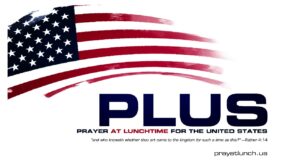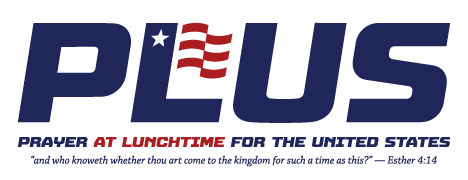Esther 4:14-16 “For if thou altogether holdest thy peace at this time, then shall there enlargement and deliverance arise to the Jews from another place; but thou and thy father’s house shall be destroyed: and who knoweth whether thou art come to the kingdom for such a time as this? Then Esther bade them return Mordecai this answer. Go, gather together all the Jews that are present in Shushan, and fast ye for me, and neither eat nor drink three days, night or day: I also and my maidens will fast likewise; and so will I go in, unto the king, which is not according to the law: and if I perish, I perish.”
Daniel 3:16-18 “Shadrach, Meshach, and Abednego, answered and said to the king, O Nebuchadnezzar, we are not careful to answer thee in this matter. If it be so, our God whom we serve is able to deliver us from the burning fiery furnace, and he will deliver us out of thine hand, O king. But if not, be it known unto thee, O king, that we will not serve thy gods, nor worship the golden image which thou hast set up.”
Isaiah 6:8 “Also I heard the voice of the Lord, saying, Whom shall I send, and who will go for us? Then said I, Here am I; send me.”
Esther 4:14b is the theme of the PLUS ministry – “who knoweth whether thou art come to the kingdom for such a time as this?” It provides a powerful reminder to us today, like it did to Esther when Mordecai challenged her. Each of us have been sent here specifically by God to fulfill His unique purposes in our time and in our place. In the context of PLUS, it means that we have been directed to represent Christ in our land, serving Him for our good and His glory, and striving to return Him to the center of our lives, our communities, and our society. It challenges Christians to pray to change our national spirit so that the Lord can change our national direction.
With all the attention on verse 14, I never properly lingered on the power of verse 16. Convicted by Mordecai’s words, Esther sets forth a plan to implement her unique role in her time and her place. She is convinced that she is doing the right thing via her bold and faith-filled stand, but in verse 16 she acknowledges the risk and that the results are left up to God. Undeterred, she takes the large step of faith regardless of the potential consequences. Faithfully and not fatalistically, she walks into the unknown, boldly acknowledging: “and if I perish, I perish.”
Shadrach, Meshach, and Abednego respond in a similar way, implementing their unique role in their time and their place. They are convinced that they are doing the right thing via their bold and faith-filled stand, but in verse 18 they acknowledge the risk and that the results are left up to God. Undeterred, they take a large step of faith regardless of the potential consequences. Faithfully and not fatalistically, they walk into the unknown, boldly acknowledging: “but if not … we will not serve thy gods.”
We need American Christians to follow this path today, believers who stand up and speak out. We have been placed here with unique roles in our time and our place. We must do the right thing via a bold and faith-filled stand in our situations while acknowledging the risk and that the results are left up to God. Undeterred, we must take large steps of faith regardless of the potential consequences. Faithfully and not fatalistically, we must walk into the unknown, boldly accepting the challenges through words of faith like Isaiah: “Here am I, send me.”
PLEASE PRAY THAT AMERICAN CHRISTIANS WOULD TAKE LARGE STEPS OF FAITH, UNDETERRED BY THE POTENTIAL CONSEQUENCES. We live in a time where our reputations and our livelihoods are at risk if we stand up and speak out for what is right. The possibility of perishing lurks around every corner and as the result of each decision. In spite of that risk, may we serve God boldly and faithfully.


